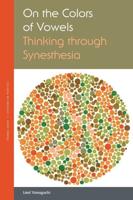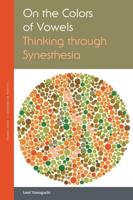Publisher's Synopsis
Ezra Pound's assimilation of some of the aesthetic values of the music of the 16th and 17th centuries is thought to have formed one of the important bases for his more general critical convictions. Some of the qualities important to Pound's overall aesthetic philosophy also characterize the old music, including: the effect of medium on overall meaning; "impersonality"; concision and small-scale; tension between "fundamental irregularity" and "classicism of surface"; and the moral and intellectual value of sharp distinct form. Pound's studies of the technical foundations of music affected much of his poetic and theoretical work.









